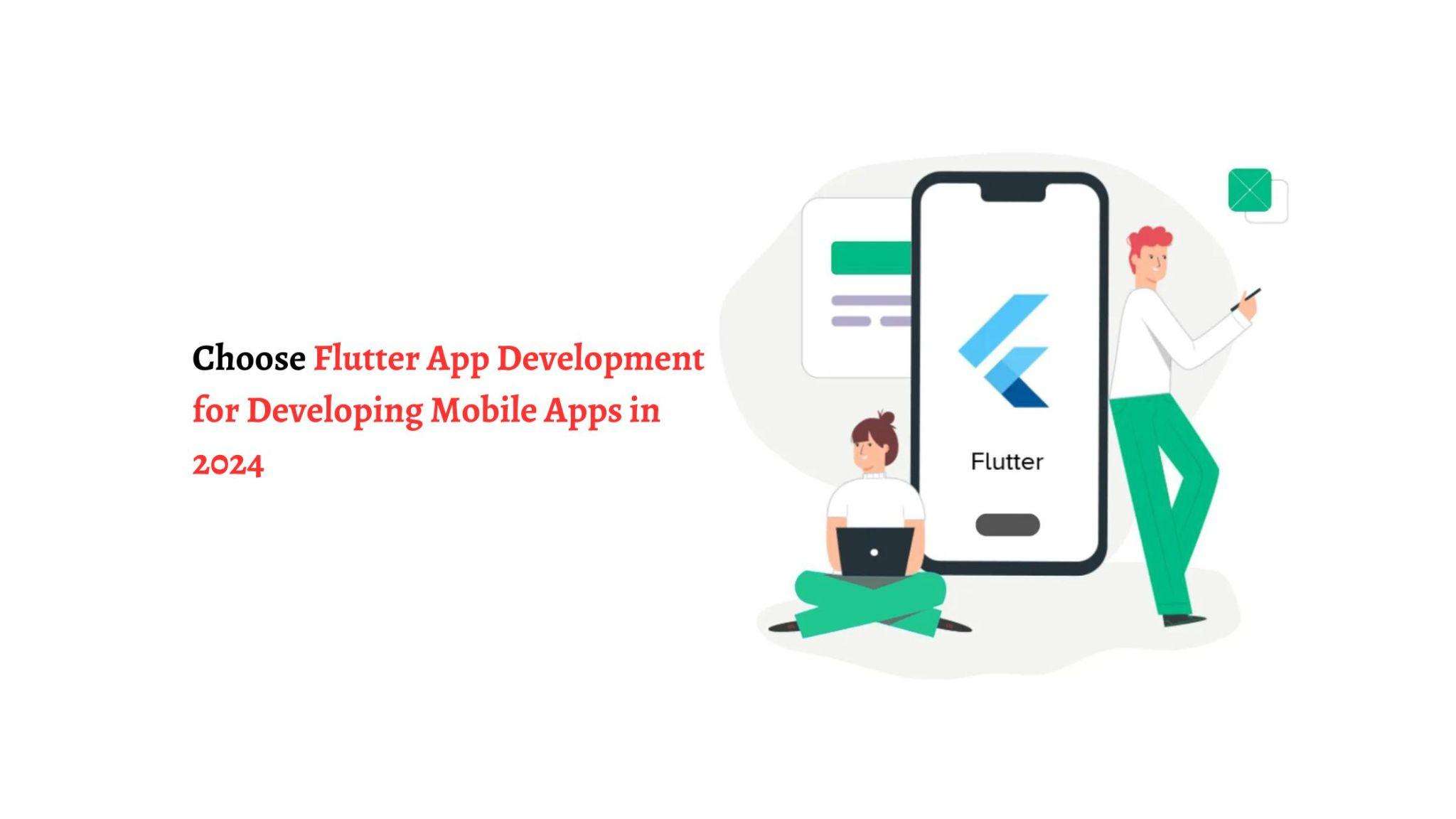With mobile applications becoming widely accepted for daily activities, businesses look for more creative ways to utilize this popularity. They search for an efficient development process that helps them save valuable time and resources.
Flutter, an open-source framework, is used to build interactive and fully functional applications on multiple platforms. It has successfully captured the attention of developers worldwide, thriving on factors like:
- Better performance
- Versatile and flexible framework
- Vast community support
- Extensive widget library
- Better scalability and accessibility features
Over the years, Flutter’s dynamic features and benefits have been part of the widespread adoption of cross-platform app development. Launching an application on multiple devices with a single codebase helps businesses by providing various benefits, such as budgeted development, faster deployment, seamless testing, and so on.
Consequently, businesses want to hire a professional Flutter app development company to build high-quality, interactive mobile applications with smooth user experience across various devices and operating systems.
Why Choose Flutter for App Development? Top 7 Benefits
1. Faster App Development
With Flutter as an ideal cross-platform app development framework, developers have the flexibility to develop and launch an application on multiple platforms. Hence, a single development team can build applications for iOS, Android, and the Web, enabling faster app development with a simplifying process.
Want to know the features and benefits of Flutter in-depth contributing to an effective app development process? Read the blog “Why Use Flutter for App Development” to know how Flutter is reshaping the future of building platform-independent applications.
2. Seamless Cross-platform Experience
The extensive customization capabilities offered by Flutter allow developers to build apps catering to business needs by maintaining design flexibility. Hence, you can build applications that offer consistent app performance and user experience on multiple platforms with retained brand identity across platforms.
3. Customizable Themes
Flutter offers extensive customizable theming capabilities that include pre-defined colors, fonts, and various other design elements. With these properties applied to an entire app or specific widgets, a user-friendly app interface can be created, improving the application’s performance.
4. Visually Appealing Apps
With the theming capabilities of Flutter, you can create cohesive and visually appealing applications maintaining your brand identity. The color schemes, typography choices, and creating branded UI components are the essential elements are designing aesthetically pleasing Flutter applications.
5. Proactive Community and Ecosystem
Flutter, with a robust, active, and growing community, backed by Google, has a strong support system. This ensures that Flutter is always updated with the latest industry trends and has an extensive ecosystem of libraries, tools, and frameworks. Thus, using Futter for app development, helps developers resolve queries with an effective app development process.
6. Deep Integration Capabilities
Using a cross-platform app development framework requires integrating several third-party services to ensure a smooth development process and dynamic feature capabilities. This is where Flutter framework ace as well.
Flutter enables developers with enhanced platform integration, ensuring better availability of device features like cameras, sending push notifications, contacts, GPS, sensors, and so on. Moreover, this level of deep integration supports the interaction of a Flutter app with the native features and services of the device’s operating system.
7. Accessibility and Internationalization
Whether it is localization, accessibility, or internationalization, Flutter is a flexible framework supporting all the factors to ensure the development of a multilingual application. This helps your business to reach to global market with cost-effective solutions.
With MaterialApp (or CupertinoApp) properties incorporated through the flutter_localizations package, Flutter enables applications to support other languages. As of December 2023, this package supports 115 languages and language variants, including US English localizations by default.
Moreover, Flutter is committed to supporting developers in making their apps more accessible and inclusive. With in-built widgets and APIs, Flutter helps developers design localizing applications with enhanced accessibility elements like large fonts, text to speech, and more.
Conclusion
Flutter is a suitable tool for building various types of applications, including eCommerce, telemedicine, digital wallets, eLearning, live streaming services, and so on! With excellent features and functionality for streamlined application building, custom Flutter app development servicesare in high demand. Moreover, its cross-platform capabilities allow developers to save time and business owners to save costs.
Thus, if you are looking for successful and customer-centric app development incorporating speed, flexibility, and ease of use, Futter is an excellent framework choice.

As the editor of the blog, She curate insightful content that sparks curiosity and fosters learning. With a passion for storytelling and a keen eye for detail, she strive to bring diverse perspectives and engaging narratives to readers, ensuring every piece informs, inspires, and enriches.










